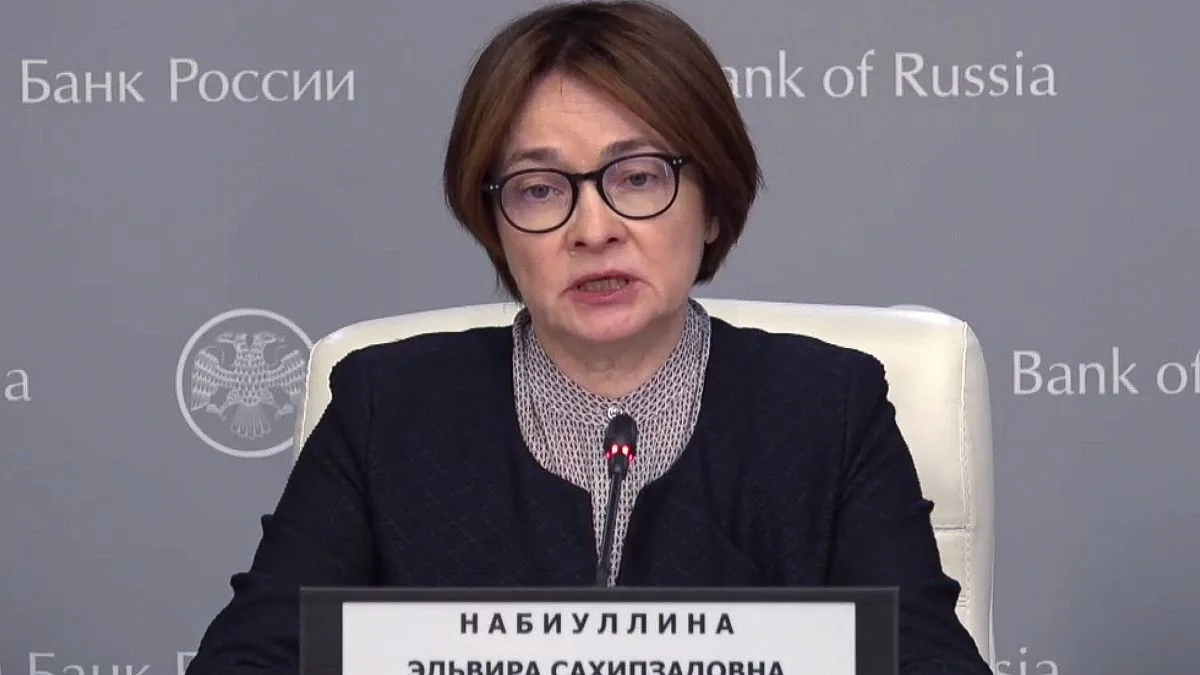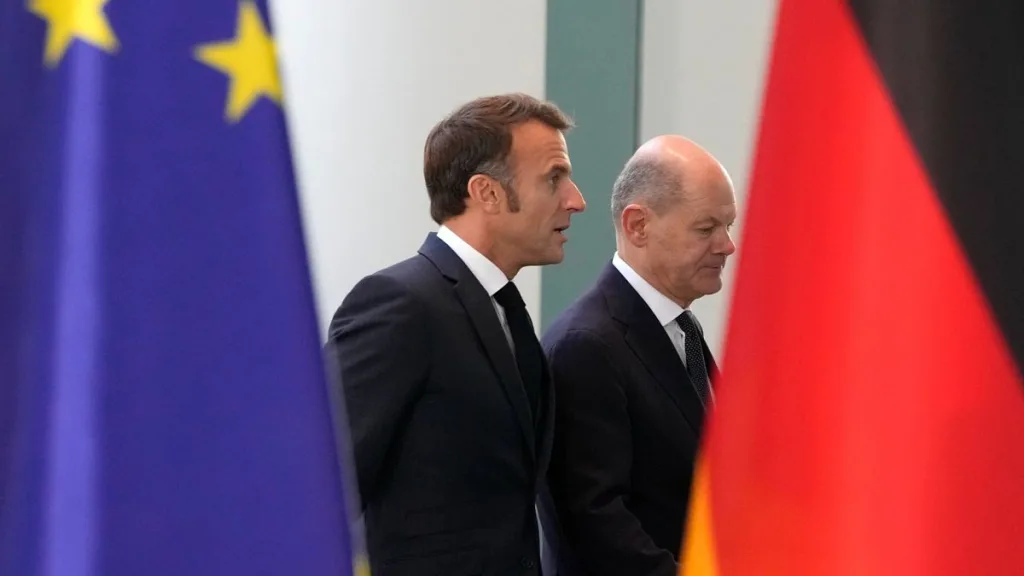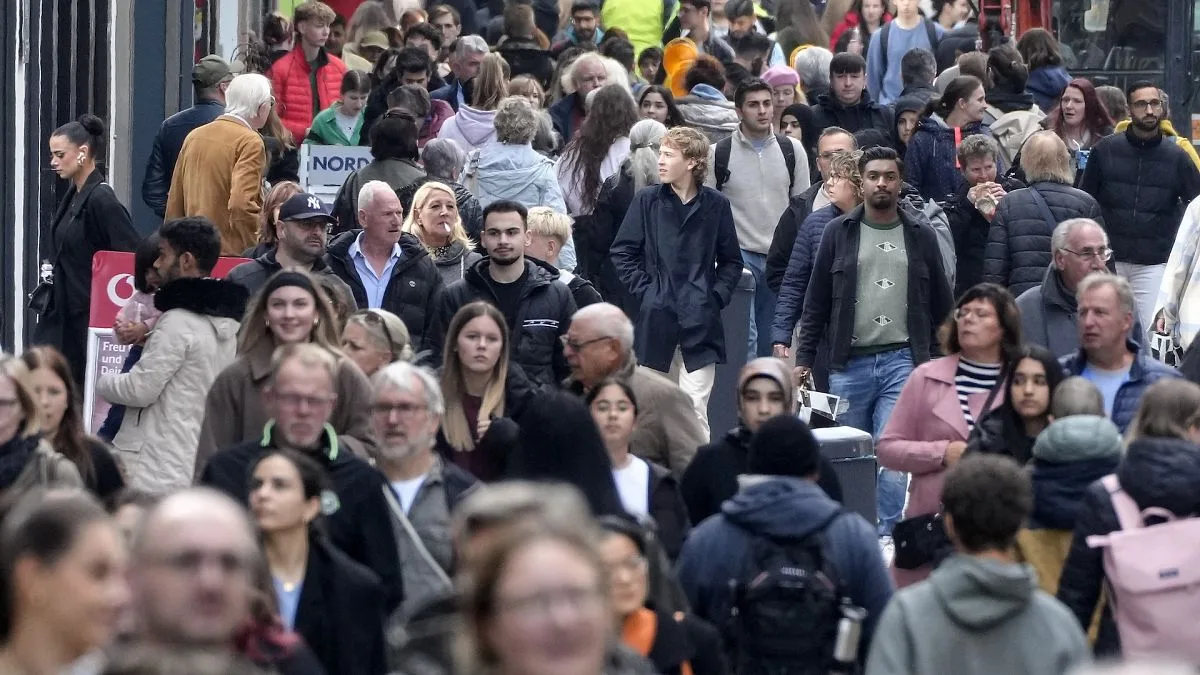In September, Germany experienced a decline in inflation for the second consecutive month, primarily driven by a drop in energy prices. Nevertheless, food prices saw an increase, rising at a quicker rate.
The Federal Statistical Office released the preliminary year-on-year inflation estimate for Germany, revealing a rate of 1.6% for September. This figure is a decrease from August’s 1.9% and below analyst predictions of 1.7%. Notably, this is the lowest inflation rate recorded since February 2021.
The decrease in inflation was largely attributed to energy costs plummeting to -7.6% in September, compared to -5.1% in August. Additionally, the prices of goods fell by 0.3% this month after remaining stable the previous month.
In contrast, food prices rose faster, reaching 1.6% in September, a slight increase from 1.5% in August. Services inflation also saw a decline, dropping to 3.8% this month from 3.9% last month.
The core inflation rate in Germany, which omits volatile energy and food prices, decreased to 2.7% in September, marking its lowest level since January 2022. This is a minor reduction from August’s rate of 2.8%.
Interestingly, the month-on-month inflation estimate for September remained at 0%, an improvement from the -0.1% recorded previously, yet still below market expectations of 0.1%.
Kyle Chapman, an FX analyst at Ballinger Group, commented to Euronews Business: “The emergence of sub-2% inflation rates across the bloc indicates that the European Central Bank (ECB) must accelerate its pace in rate cuts.” He added that policymakers face tough decisions amid a dreary growth outlook and ongoing disinflation as they prepare for their October meeting.
According to the inflation chart for Germany, the year-on-year rate has experienced fluctuations throughout the year but has been on a downward trend since August.
Is the German Economy Facing Stagnation?
Despite the decline in inflation, Germany is not out of the economic woods yet. Dutch bank ING has recently warned that the German economy may be stagnating, particularly following the Ifo index’s fifth consecutive month of decline in September.
ING noted: “The German economy is back to where it stood a year ago, lagging in growth within the eurozone and showing few signs of improvement. All available indicators for the early third quarter provide scant reasons for optimism after the economy contracted in the second quarter.”
The cyclical optimism that initially buoyed the German economy earlier this year has faded, largely due to a weaker global economy, fears of a cooling US economy, ongoing geopolitical tensions, and uncertainties in domestic policy. Moreover, the rising number of insolvencies and job restructuring announcements loom over the labor market, which has been a stronghold in recent years.
Conversely, the Deutsche Bundesbank maintains a more optimistic outlook, forecasting an increase in German gross domestic product (GDP) growth from 0.3% this year to 1.1% in 2025 and 1.4% in the following year.
Photo credit & article inspired by: Euronews



